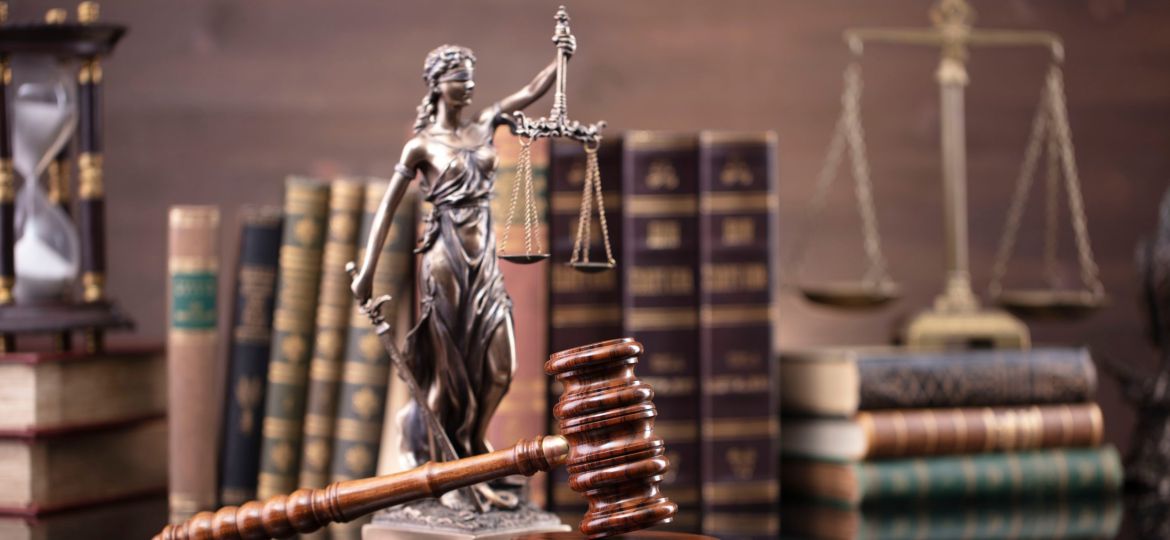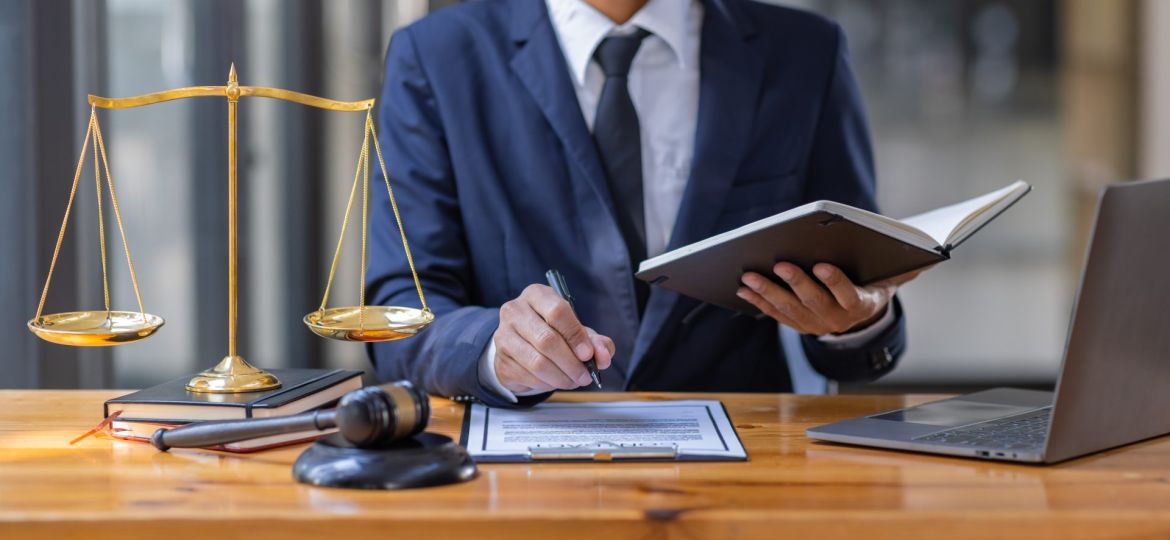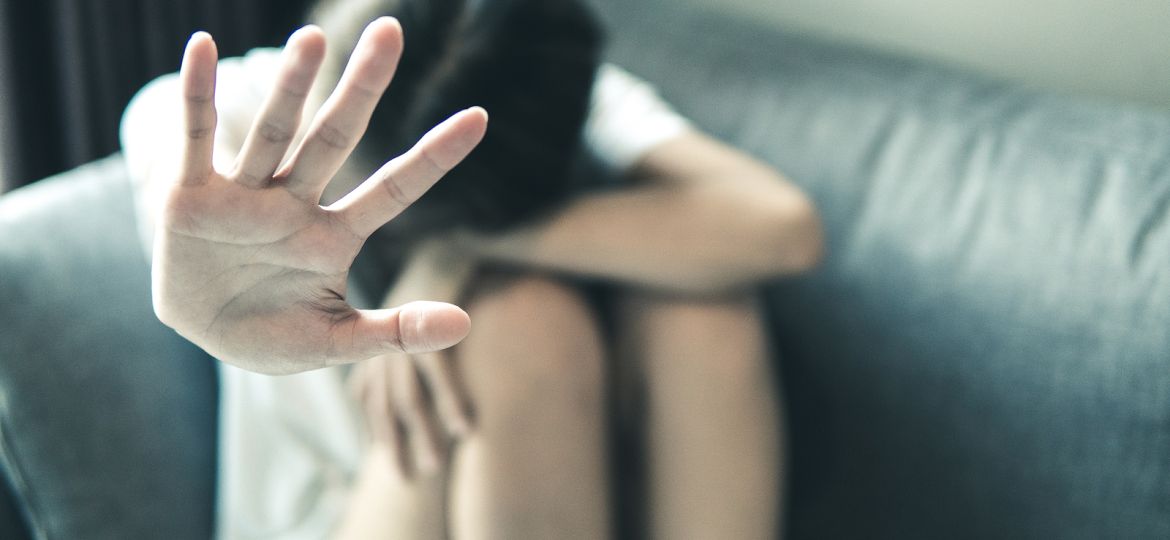Can I Challenge Evidence Brought Against Me in a Criminal Case?
Evidence in criminal law refers to a wide range of information sources that might eventually inform a court’s decision to prove or disprove points in your case. Sources of evidence can be anything from witness observations to an analysis of physical objects. It may also entail spatial relationships between things, places, or people within the timeline of vents.
The court can draw inferences and reach conclusions to determine if the charges against you have been proved beyond a reasonable doubt. You can challenge the evidence against you as a defendant to minimize the chances of getting severe penalties. Working with lawyers from a reputable criminal trial firm in Colorado enhances the chances of a favorable outcome.
What is Chain of Evidence and Why Does It Matter in a Criminal Case?
Chain of custody is the documentation that shows the control, transfer, and disposition of evidence in a criminal case. Evidence in a criminal case may include the following:
- Photographs
- DNA samples
- Personal property
- Audio or video recordings
- Written statements
- Digital evidence, including data and the media on which data is stored
- Bodily fluids taken from a defendant or discovered at the crime scene
- Demonstrative evidence such as charts, displays, or models used to educate the jury about a complicated issue

A prosecutor must prove that the evidence presented in court is the same as that recovered at the alleged crime scene. They must also prove that they handled the evidence properly and it wasn’t tampered with or contaminated. Skilled lawyers from a Colorado Springs criminal defense attorney can help you challenge the evidence if you believe it was contaminated or altered.
Importance of Chain of Custody in Criminal Cases
Judges and juries evaluate criminal cases based on the evidence presented in court and don’t conduct investigations independently. Judges delivering sentences based on tainted, unreliable, or altered evidence would compromise the judicial system’s integrity.
Chain of custody is crucial in drug and gun cases. Prosecutors must present documentary and testimonial evidence to prove that the evidence brought to trial was from the defendant. Working with a reputable El Paso County criminal defense lawyer enhances the chances that the proper chain of custody will be established and upheld in your case.
Challenging Chain of Custody in a Criminal Case
One of the ways to challenge the evidence brought against you in court is to refute the chain of custody. Attorneys from a criminal defense law firm can help show discrepancies in the chain of custody, especially if law enforcement officers cannot prove who had control of the evidence at a particular time. If such a case arises, the chain of custody is broken.
You can ask the court to have the evidence declared inadmissible. If that happens, it cannot be used against you to convict you of the alleged crime. In different circumstances, the chain of custody can be broken if:
- A form is incorrectly labeled
- There is reason to believe the evidence was tampered with
- Transfer of evidence takes an unreasonable amount of time

Your criminal defense lawyers in Colorado Springs can challenge discrepancies in the evidence. The jury can use the discrepancies to assess the weight and credibility of the evidence to determine its admissibility.
What Other Ways Can I Challenge Evidence in Court?
Other ways exist that you can potentially protect physical evidence from impacting the outcome of your criminal trial.
Challenge How the Investigators Gathered Evidence
Your criminal defense lawyer can investigate if the police or investigators violated your civil rights or broke the law during their investigation. If they establish that this happened, it could impact the evidence the court can admit in your case.
For example, if the officers conducted a search without a warrant or intimidated you into a false confession, you could challenge the admission of that evidence. The police violated your civil rights in that case, which could form the basis for challenging the inclusion of the evidence.
Challenge the Collection, Storage, and Testing of the Evidence
Recklessness in handling physical evidence could lower the accuracy of genetic tests, so investigators must be careful as they gather their evidence. Some objections your lawyer could quote to challenge the accuracy of the evidence are:
- The presence of other people at the crime scene
- Gaps in the chain of custody
- Poor record-keeping by those handling the evidence
- Contamination of physical evidence

Your defense lawyer can review the state’s information about evidence handling to help you find oversights, gaps, or mistakes that could make the evidence inadmissible.
Challenge the Interpretation of the Evidence Against You
If your criminal defense lawyer in Colorado Springs can’t use the above approaches to challenge the evidence, they can challenge the analysis of the evidence. They can bring in independent forensic experts to make alternate analyses for what the prosecution considers irrefutable evidence. This approach can enhance your chances of not having the evidence used against you.
Challenge the Witnesses
Finally, you can challenge the reliability of certain witnesses. For example, witnesses with a bias or conflict of interest in your case cannot be relied upon to give reliable testimony. That also applies to those with many past criminal offenses or a history of lying.
Fight for Your Rights With Skilled Criminal Defense
In criminal cases, every evidence must be carefully scrutinized to be admissible. Challenging the evidence brought against you in a criminal case is one of the potential strategies to help you avoid a conviction. Your chances of successfully challenging the evidence are high if you work with an experienced Colorado Springs criminal defense attorney.
We have experience fighting criminal charges and can defend you during the trial. Trust us to use our skills, knowledge, and expertise to navigate the legal landscape for a favorable case outcome. Call the Lindstrom Law firm at (719) 294-0566 to get started.




